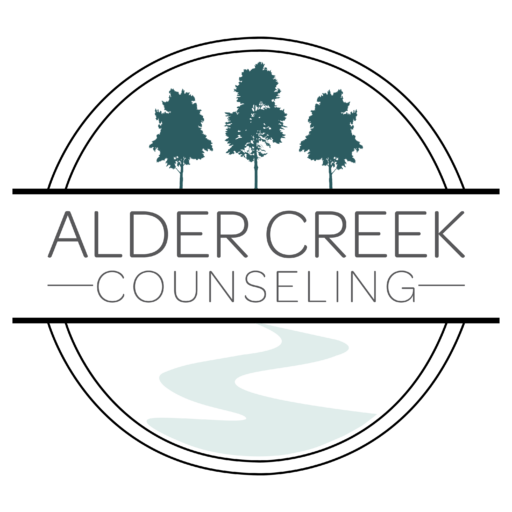Choosing Insurance or Private Pay

Private pay versus insurance
Deciding whether to pay for counseling using your insurance or private pay (credit card/cash) is a difficult decision. Here are some of the pros and cons of each approach.
Using insurance
Pros:
- Cost. If your counselor is “in network” with your insurance, you will likely pay much less out-of-pocket than if you pay yourself. You may still be responsible for paying deductibles and co-pays.
- Guidance. Some insurance companies can be helpful in helping you locate a therapist and in coordinating care with your other providers.
Cons:
- Diagnosis. Most insurance companies require a diagnosis in order for the sessions to be considered “medically necessary.” In couples therapy, one of the individuals must be diagnosed with a mental health issue in order to have insurance pay for the sessions.
- Loss of privacy. Unlike private pay, the counselor must send certain information about your treatment to the insurer to justify payment.
- Loss of control. Insurance companies can put limits on how long you are in therapy based on their opinion of your needs.
Paying for counseling on your own
Pros:
- No diagnosis required. You may receive a diagnosis as part of treatment, but there is no insurance-imposed requirement for one.
- Privacy. No need to send the diagnosis to an insurance company.
- Control. It’s up to you how long you stay in counseling.
Cons:
- Cost. Many individuals cannot afford the cost of therapy on their own. I have attempted to keep that cost as low as possible at $120 per session. You’ll find many other therapists charging as much as $200 and higher for their private pay clients.
What’s right for you?
Choose what is right for your situation and your budget. If you can afford to pay for counseling on your own and you value privacy and control of how treatment, it may be an option. If you have insurance and money is a barrier to treatment, use your insurance. Don’t let cost stop you from getting the help you need. You might consider options like the Open Path Collective if your income meets certain requirements. Open Path is a place where counselors accept a limited number of private-pay clients at very low session rates.
